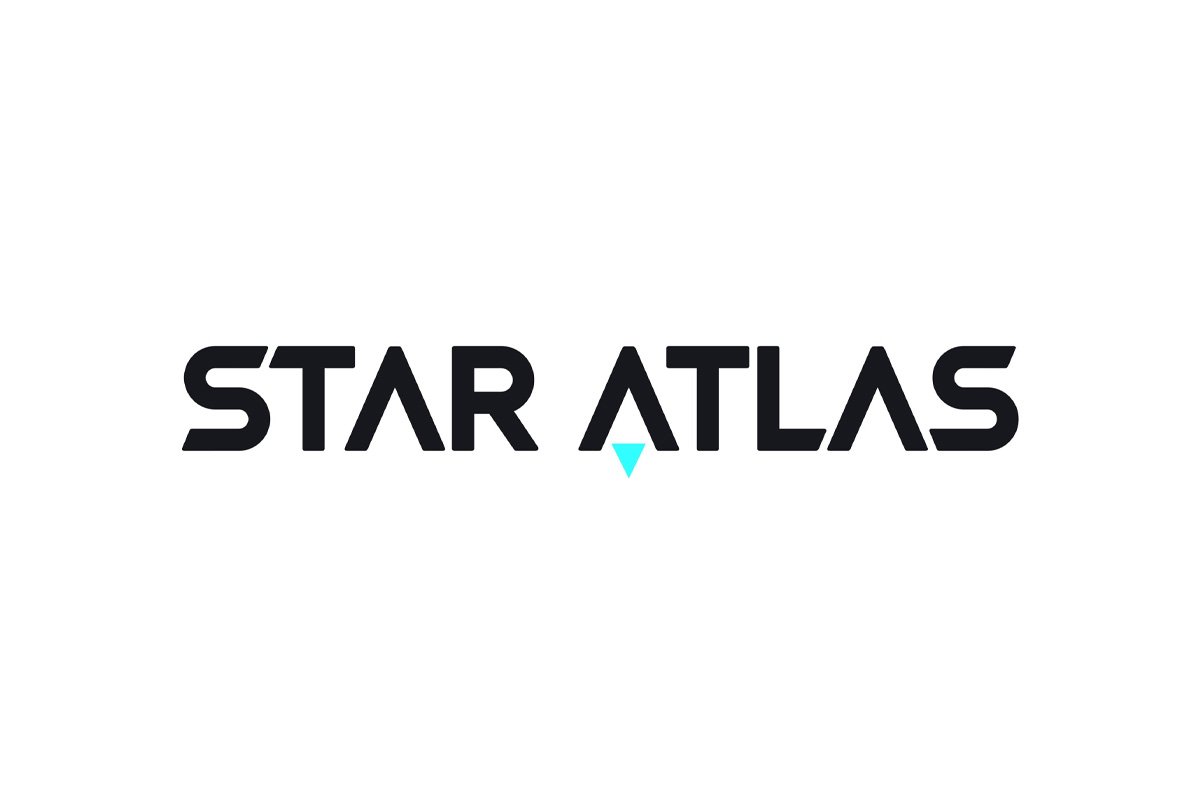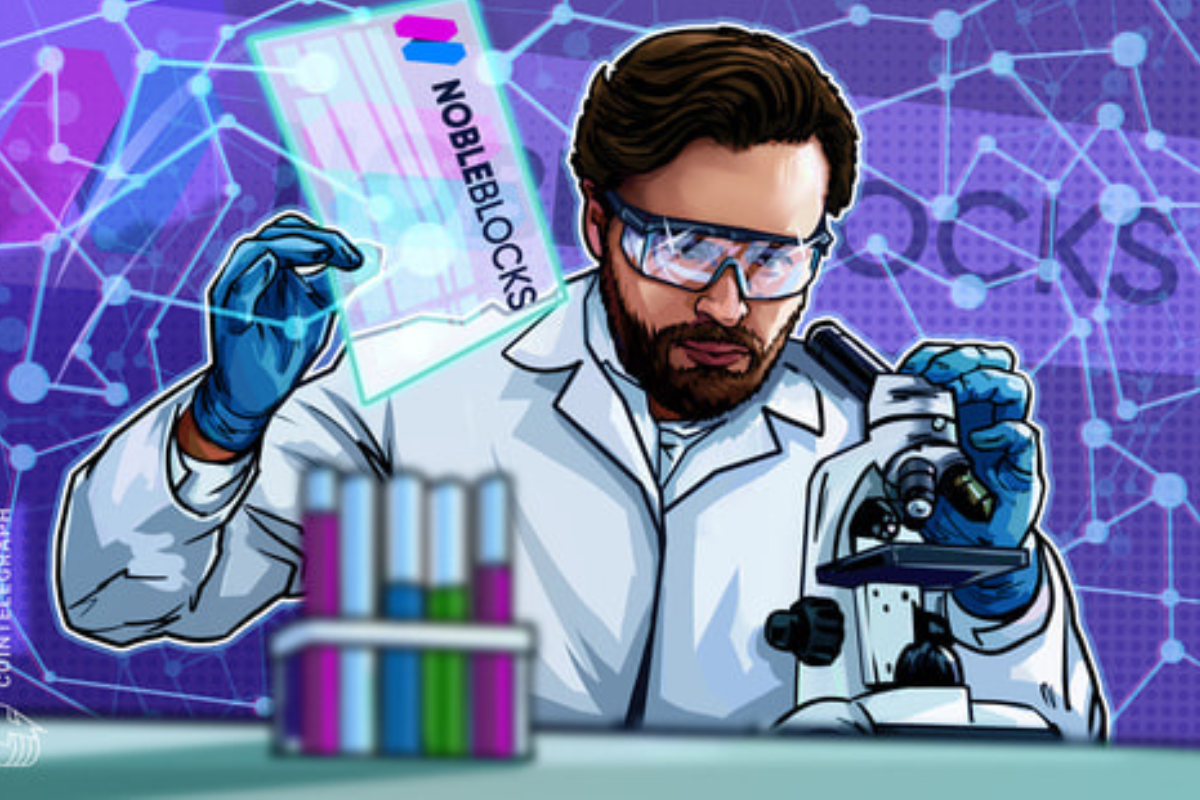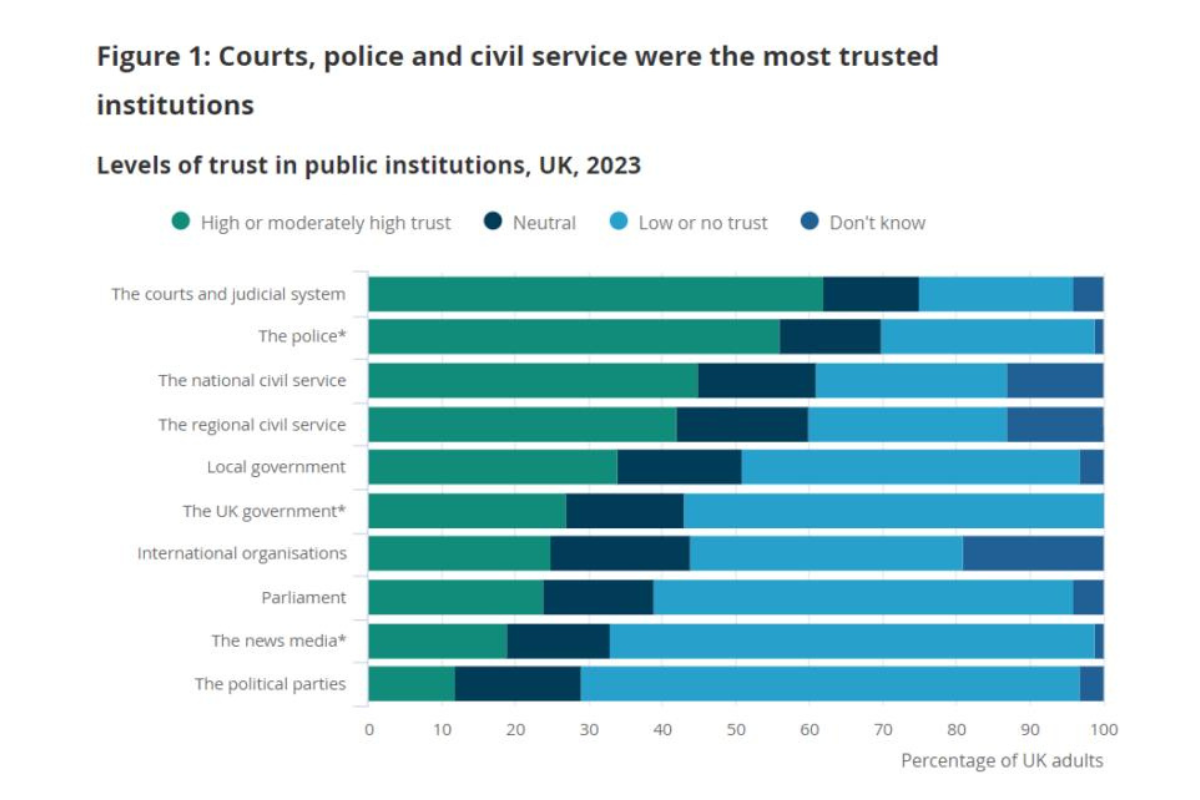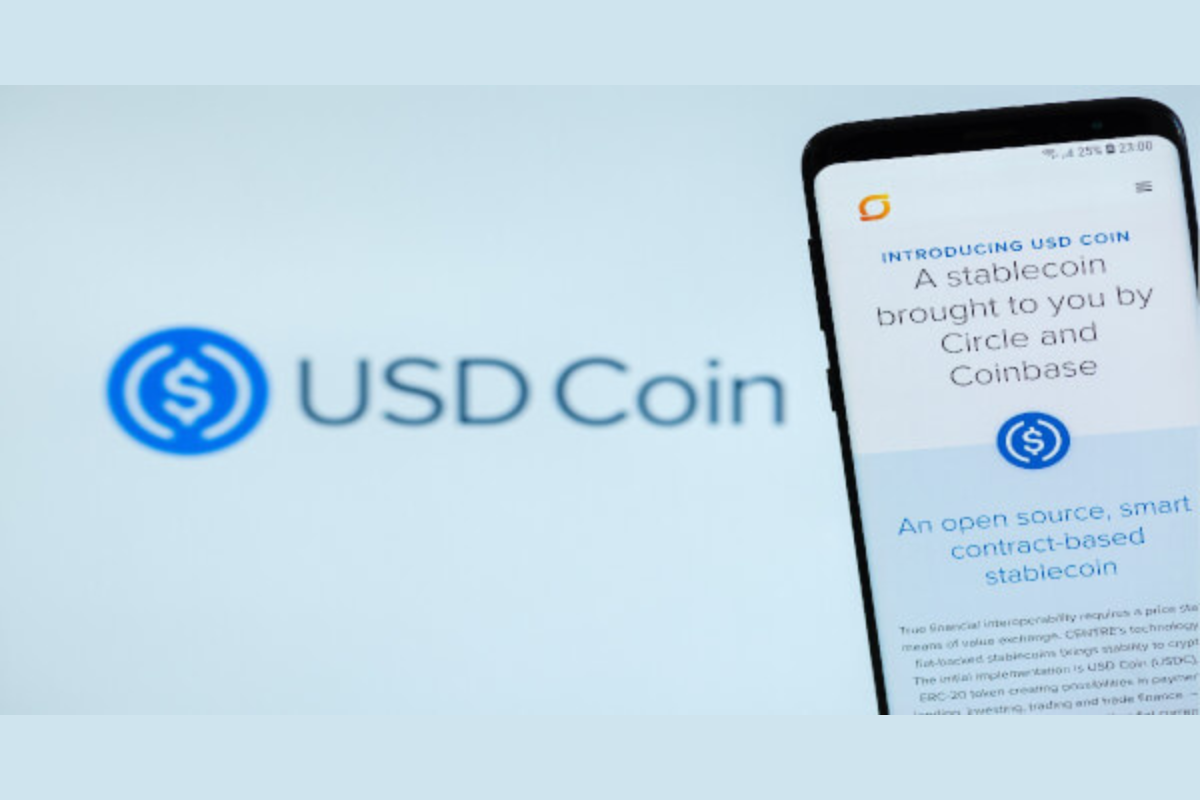Blockchain
Star Atlas Launches Initiative to Establish Web3 Security Framework

Star Atlas, a next-gen metaverse with triple-A game design and Unreal Engine 5 graphics built on the Solana blockchain, announced an expanded focus on security to ensure consumer protection and digital safety in the metaverse. This multi-pronged initiative includes signing Kudelski Security, the cybersecurity division of the Kudelski Group – the world leader in digital security, and the forefront leader in providing security solutions for major blockchain-based applications, exchanges, and ecosystems – as its security partner. Kudelski Security will perform ongoing audits and analysis to help ensure the integrity of the Star Atlas metaverse is maintained and both partners will work together to explore setting standards for web3 security.
“We are pleased to partner with the team at Kudelski Security to advance the digital security of our fast-expanding metaverse,” said Michael Wagner, Co-Founder and CEO of ATMTA, Inc., the principal development studio of Star Atlas. “We understand there is a lot of skepticism when it comes to web3 and security, so we want to be proactive by partnering with one of the top cybersecurity firms to help make sure our community feels safe. Protection of assets is paramount, and we look forward to working with Kudelski Security to establish the best practices for security when it comes to web3 gaming.”
As security auditor of record, Kudelski Security will increase the safety and security of the Star Atlas metaverse by testing the protocols and looking for potential vulnerabilities to be addressed. Star Atlas players will have greater assurance that the metaverse has been built securely and tested rigorously, and that Star Atlas has taken the necessary action to become the leader in the web3 space when it comes to security.
The relationship with Kudelski Security goes beyond the hardening of the Star Atlas environment. Star Atlas is looking to expand collaborations with the wider Group to focus on new standards that can help to transition companies and projects into web3, including security standards, tokenization, and best practices in web3 gaming. By developing standard technology and processes that enable safe and secure on-chain gaming, players will be protected from the hacks that currently plague web3 and some of the main barriers to wider stakeholder adoption will be lowered.
Andrew Howard, CEO of Kudelski Security, also commented, “Web3 is growing rapidly, and we are seeing more need for developing a security standard that is adopted across the industry to act as a framework. This is why we are excited to partner with a native web3 leader like Star Atlas and to come together to solve potential security issues before they arise.”
In addition to Kudelski Security’s blockchain and cybersecurity experience, the Kudelski Group is recognized as global leaders in digital security – with specialized expertise in encryption, anti-piracy, watermarking, cryptography, and digital rights management.
Executives from Star Atlas, the Kudelski Group, Kudelski Security, and NAGRA Kudelski are meeting during the World Economic Summit in Davos, Switzerland, to further discuss establishing a framework for securing the web3 ecosystem.
For inquiries or to schedule an onsite briefing, contact Kevin McGrath at [email protected]. Visit staratlas.com to learn about Star Atlas’ and Kudelski Security’s future plans and announcements.
Blockchain
Decentralized science can be the next big thing for blockchain utilization

Decentralized science leverages blockchain’s decentralized ledger technology to address common challenges faced by researchers, including data integrity, reproducibility, and collaboration. By recording scientific data and research findings on a tamper-proof blockchain, researchers can ensure the integrity and authenticity of their work, reducing the risk of data manipulation or fraud.
Moreover, blockchain enables transparent and traceable peer review processes, allowing researchers to validate and verify each other’s work more effectively. This enhances the credibility and reliability of scientific publications, fostering trust within the scientific community and among the general public.
Blockchain-based platforms also facilitate greater collaboration and knowledge sharing among researchers, breaking down traditional barriers to access and enabling interdisciplinary collaboration. Through decentralized science platforms, researchers can securely share data, resources, and expertise, accelerating the pace of scientific discovery and innovation.
Despite its potential benefits, decentralized science still faces challenges, including regulatory uncertainties, technological barriers, and resistance to change within the scientific community. However, as blockchain technology continues to evolve and gain acceptance, decentralized science is poised to emerge as a transformative force in scientific research and collaboration.
Source: cointelegraph.com
The post Decentralized science can be the next big thing for blockchain utilization appeared first on HIPTHER Alerts.
Blockchain
How blockchain-based voting can restore trust in the electoral process

In this article we’re discussing the potential of blockchain-based voting systems to rebuild trust in electoral processes. These systems leverage blockchain technology’s transparency and immutability to address concerns surrounding election integrity and voter fraud.
Blockchain-based voting solutions offer several advantages over traditional methods, including increased transparency, security, and accessibility. By recording votes on a decentralized ledger, blockchain ensures that each vote is securely stored and tamper-proof, reducing the risk of manipulation or fraud.
Moreover, blockchain-based voting systems can enhance voter participation by providing greater accessibility to remote and disenfranchised populations. Through secure digital platforms, voters can cast their ballots from anywhere, reducing barriers to participation and promoting inclusivity.
Despite the potential benefits, the adoption of blockchain-based voting systems faces challenges, including regulatory hurdles and technological limitations. Governments and electoral authorities must navigate these obstacles to implement effective and trustworthy voting solutions.
Overall, the article highlights the transformative potential of blockchain technology in restoring trust and integrity to electoral processes. By embracing innovative voting systems built on blockchain, societies can uphold democratic principles and ensure fair and transparent elections.
Source: tradingview.com
The post How blockchain-based voting can restore trust in the electoral process appeared first on HIPTHER Alerts.
Blockchain
Binance Integrates USD Coin (USDC) on CELO Network

Binance has announced the integration of USD Coin (USDC) onto the Celo network, marking a significant step forward in expanding the utility and accessibility of USDC within the cryptocurrency ecosystem.
This integration enables users to seamlessly transfer USDC tokens across the Celo network, leveraging its high-speed and low-cost transactions. By integrating USDC on Celo, Binance aims to enhance the interoperability and accessibility of USDC, making it easier for users to engage with decentralized finance (DeFi) applications and access financial services on the Celo network.
USDC is a stablecoin pegged to the US dollar, offering users a reliable and transparent means of transacting value on the blockchain. With its integration on the Celo network, USDC gains access to Celo’s ecosystem of decentralized applications (DApps) and services, further expanding its utility and adoption.
The collaboration between Binance, USDC, and Celo underscores the growing importance of interoperability and cross-chain compatibility within the cryptocurrency space. By leveraging the strengths of each network, users can benefit from enhanced liquidity, accessibility, and functionality when using USDC on the Celo network.
Overall, the integration of USDC on the Celo network represents a significant milestone in advancing the capabilities of stablecoins and decentralized finance, providing users with greater flexibility and choice in managing their digital assets.
Source: blockchain.news
The post Binance Integrates USD Coin (USDC) on CELO Network appeared first on HIPTHER Alerts.
-

 Blockchain Press Releases7 days ago
Blockchain Press Releases7 days agoCanaan Shines at Blockchain Life 2024 in Dubai
-

 Blockchain7 days ago
Blockchain7 days agoQuantum eMotion Files a Patent for Quantum-based Blockchain Wallet Under the Patent Cooperation Treaty (PCT)
-

 Blockchain6 days ago
Blockchain6 days agoPhoenix Group Engages BHM Capital as Liquidity Provider to Boost ADX Liquidity and Enhance Market Dynamics
-

 Blockchain7 days ago
Blockchain7 days agoElizabeth Warren Urges Treasury Secretary Yellen to Implement Strong AML/CFT Measures for Stablecoins
-

 Blockchain6 days ago
Blockchain6 days agoTether USDT stablecoin goes live on TON blockchain
-

 Blockchain6 days ago
Blockchain6 days agoCrypto fans count down to bitcoin’s ‘halving’
-

 Blockchain Press Releases6 days ago
Blockchain Press Releases6 days agoDWF Labs joins the Klaytn Governance Council
-

 Blockchain Press Releases2 days ago
Blockchain Press Releases2 days agoDeFi Lens builds advanced Generative AI for Technical Analysis










































